US, KSA seal landmark deal: F-35 jets, nuclear cooperation and $1trillion investment boost
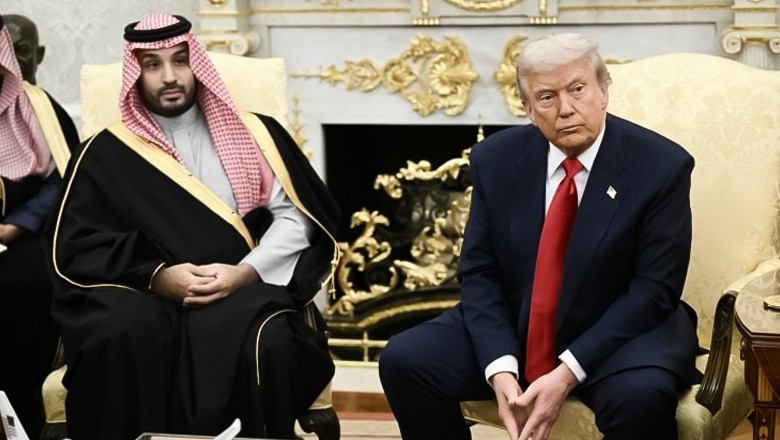
Web Desk
|
19 Nov 2025
The Donald Trump administration and the Mohammed bin Salman-led Kingdom of Saudi Arabia have agreed on sweeping agreements covering the sale of advanced fighter jets, civil-nuclear cooperation and a massive Saudi investment commitment into the US economy.
At a White House meeting on November 18 2025, President Trump announced the US will move ahead with the sale of F‑35 Lightning II stealth fighter jets to Saudi Arabia, a deal that had faced internal US scrutiny over technological transfer.
Simultaneously, the White House said the two countries will cooperate on civil nuclear energy projects, marking a deeper strategic alliance.
During the same visit, the Crown Prince pledged to increase Riyadh’s US investment commitment to nearly $1 trillion, expanding on earlier promises to invest around $600 billion in American infrastructure, technology, and industry.
The arms deal and investment framework were announced in a union. According to the White House summary, the expanded arrangement covers not only the F-35 sale but also future Saudi investment in US critical minerals, artificial intelligence fabrication, and civilian nuclear programmes.
US defence officials have privately expressed reservations about selling the F-35 to Saudi Arabia, citing concerns over the kingdom’s ties with China, regional power balances such as Israel’s military edge, and the risk of sensitive technology transfer.
Nevertheless, the Trump administration argues that the deal represents a “strategic deepening” of ties and signals to both allies and adversaries White house’s intent to rebuild stronger bilateral relationships in the Middle East.
On the economic front, the Saudi investment pledge emphasizes Riyadh’s ambition to diversify away from hydrocarbons and tie its future to American markets, especially in high-tech sectors. While similar numbers have been given before, the near-$1 trillion target was described by US officials as a “vote of confidence” in American innovation and infrastructure.
Observers note the dual nature of the deal: one part military-strategic, another heavily economic. The combination is rare in US foreign policy engagements and illustrates how Saudi Arabia is positioning itself as a key partner in Washington’s global posture.
At the same time, critics warn of the human-rights implications of the Saudi defence purchase and the broader ramifications for regional security architecture.
In summary, the agreements mark a watershed moment for US–Saudi relations: the US greenlights a major fighter-jet sale and Saudi Arabia commits nearly a trillion-dollar injection into the US economy, all under the umbrella of a broader strategic realignment.
As implementation begins, key questions will remain: How will Congress respond? How will regional allies react? And how will both nations balance commercial ambition with security and human-rights considerations? these concerns are yet to be addressed.





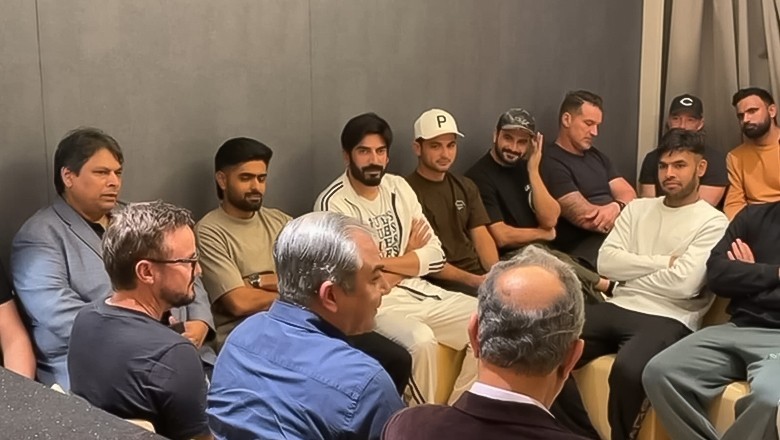
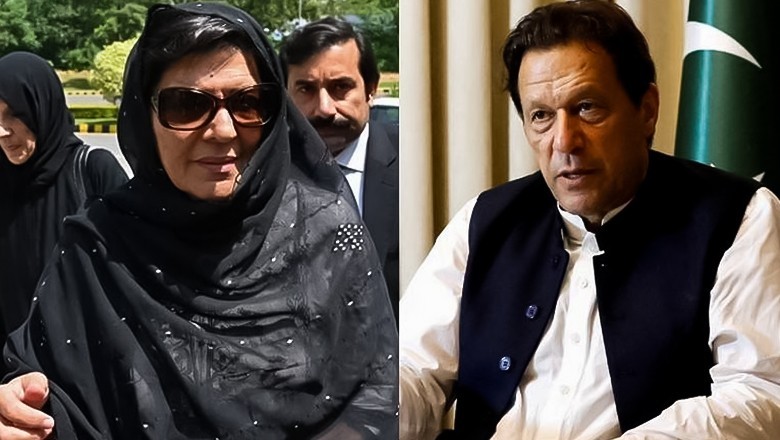
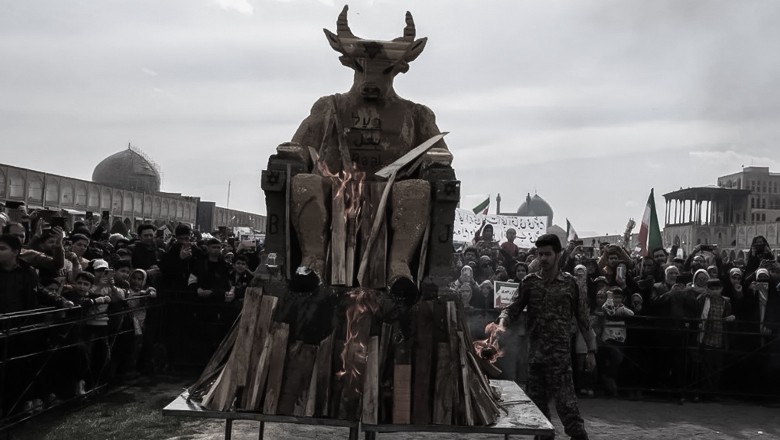

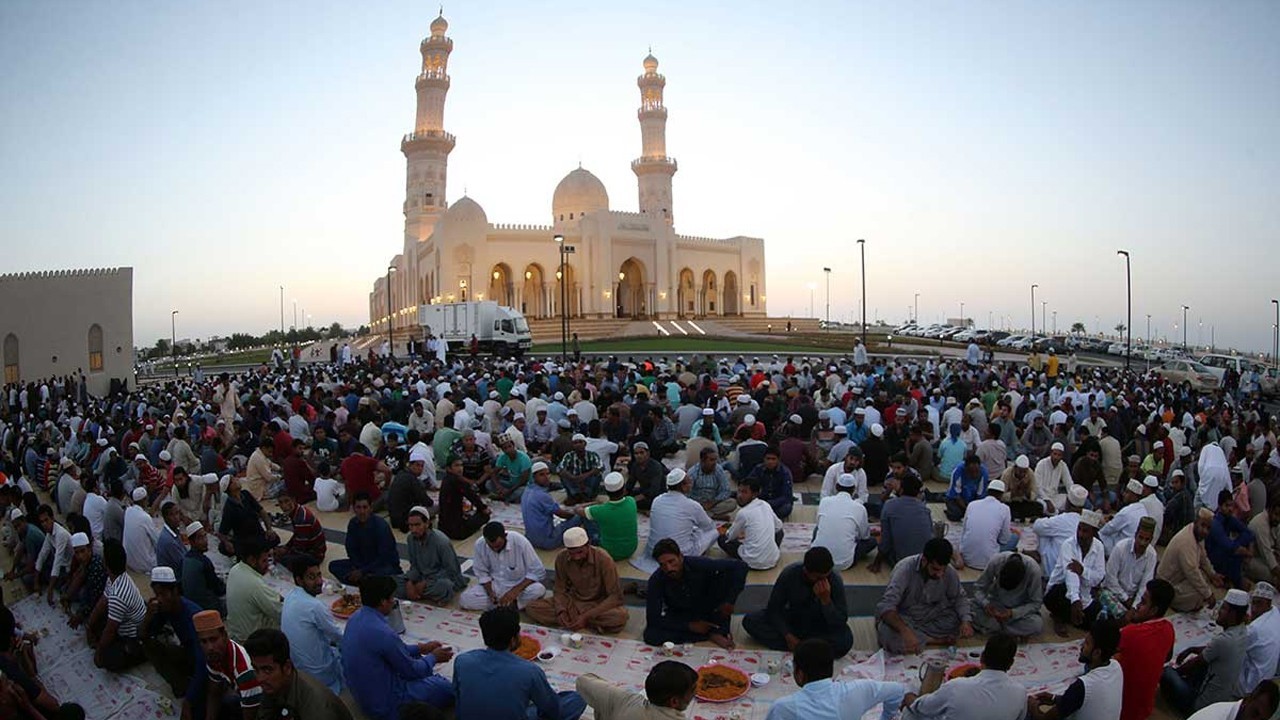
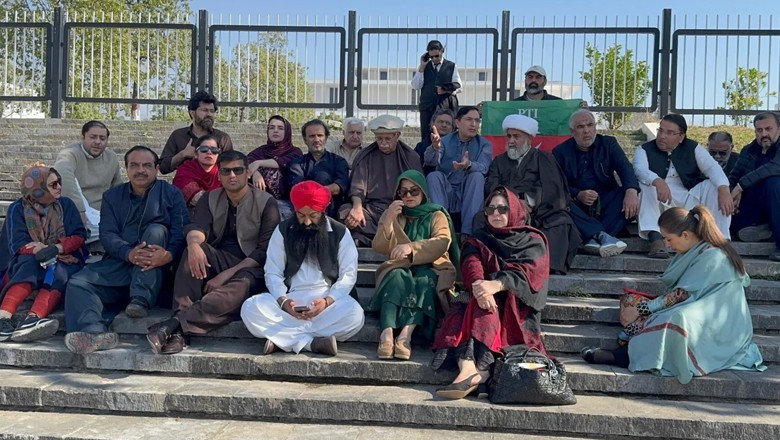
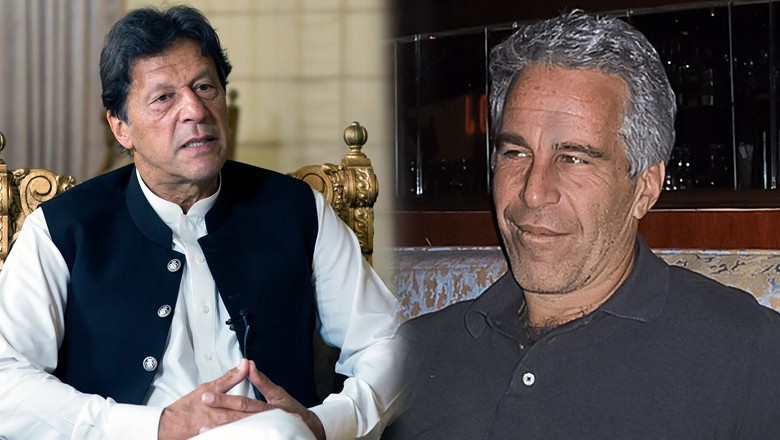
Comments
0 comment